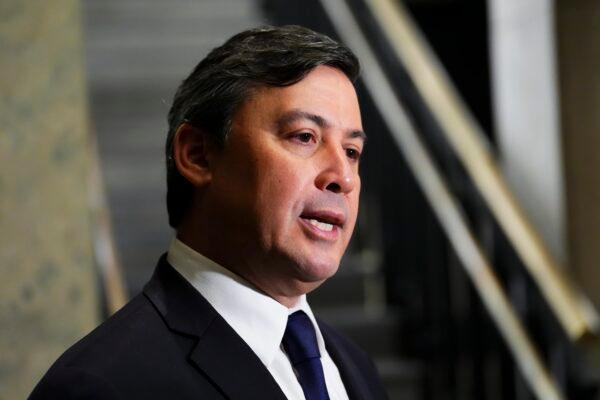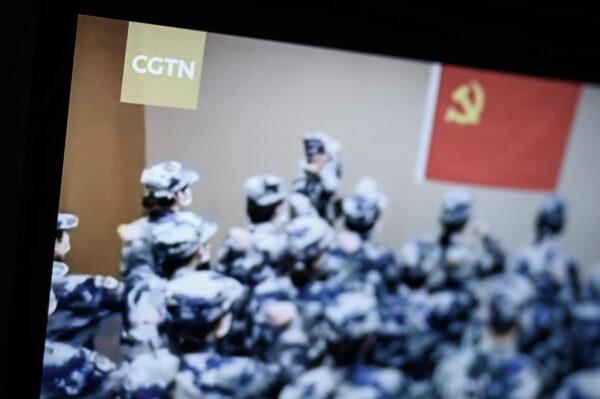“This is a powerful new tool we want to create that will shift Canadian foreign policy to be more responsive to human rights abuses around the world, and contains a number of different kinds of provisions requiring the government to report annually on its work on human rights,” Genuis told The Epoch Times on May 25.

Magnitsky Act
Bill C-281 seeks to amend the Justice for Victims of Corrupt Foreign Officials Act, also known as the Sergei Magnitsky Law, which would require the minister of Foreign Affairs to respond when a parliamentary committee recommends imposing sanctions on a certain foreign national.“Bill C-281 helps because it provides that parliamentary trigger,” Genuis said, describing the law as a tool for “nominating [to the government] individuals and entities that should be sanctioned.”
“It means that people in the community who are seeing instances of violence can bring names, bring proposals, to individual members of Parliament, who are parts of these various [House of Commons] committees; they can put forward motions. If the committee adopts a motion ... calling for an individual to be sanctioned, the government has to provide a response.”
The proposed law is meant to protect victims of persecution and human rights abuses worldwide.
“It is up to the government whose release they’re working for and what they would highlight on that list. But it’s an important tool. When you bring more attention to these cases, it’s often helpful for the people that are affected,” Genuis said.

Genuis says inaction due to fears that authoritarian regimes may retaliate if Canada uses sanctions for human rights violators would only embolden the malign actors to make threats and continue their human rights infractions.
“When you say we might not act in our interest, in defence of our values because of fear of retaliation, then you’re actually encouraging that retaliation, you’re actually lending credibility to the threats that have been made by, in this case, the Beijing communist regime,” he said
State-Backed Media
Bill C-281 also seeks to amend the Broadcasting Act to prohibit the Canadian Radio-television and Telecommunications Commission (CRTC) from issuing or renewing a broadcasting licence to a company that is being influenced by a foreign entity that has committed acts of genocide.
Genuis echoed his colleague’s request, saying that “it doesn’t make sense” for Canada to give privileged access to Beijing-controlled media for such messages.
“We supported recognizing the reality that RT shouldn’t be on the airwaves in Canada, we supported taking them off the air, and yet you have communications channels out of Beijing that are essentially the same—that they are pushing the message of a violent, genocidal, authoritarian political party,” he said
Genuis said the amendments that Bill C-281 would make to the Broadcasting Act would help address such inconsistencies in the approach that the government has so far taken against foreign state-backed information.
“Bill C-281 says that if a media channel is under the control of an organization, of a foreign entity, that is sanctioned or that is committing genocide, then they should be taken off the air. So I think it will really make clear what the direction of Parliament is to the CRTC,” he said.





